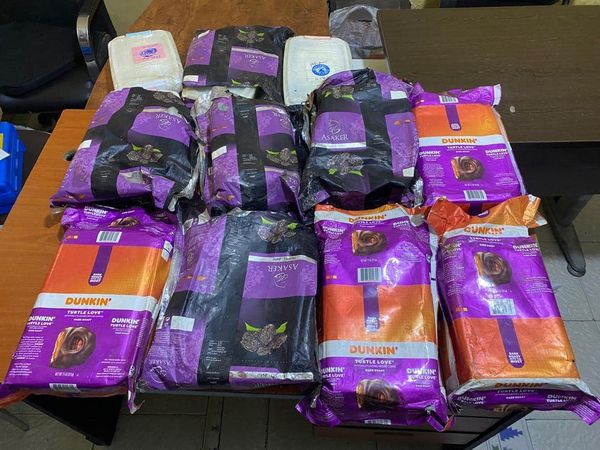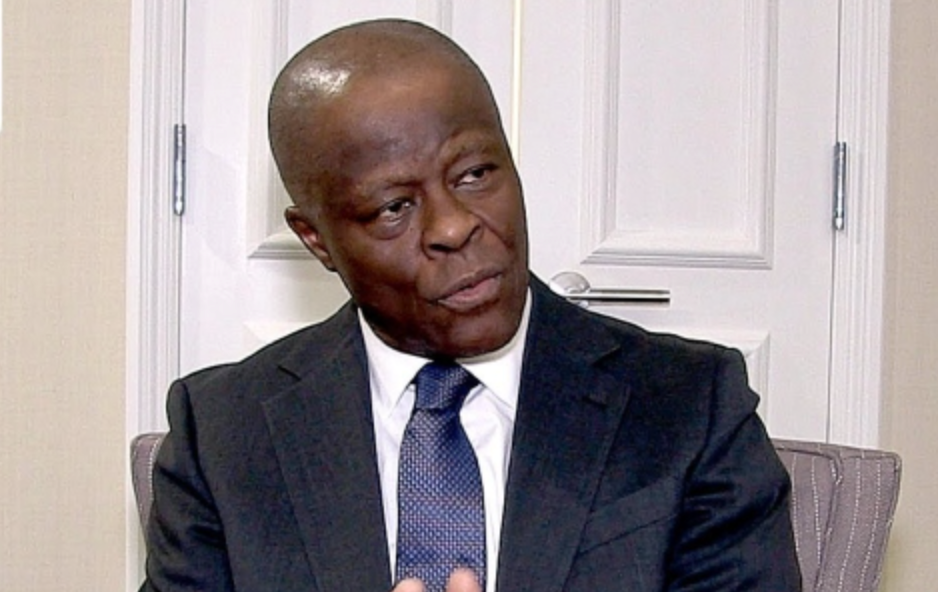Healthcare Access Lead, Africa, Roche Diagnostics, Dr. Ida Mbuthia, has emphasised the critical need for readily available blood supplies and also underscored the life-saving impact of blood donations in Africa.
Mbuthia, who is also a Director on the Board of the Coalition of Blood for Africa (CobA), said the continent needs more people to come forward to donate blood to save lives as the demand for blood currently outstrips the supply.
Mbuthia, in a document titled: “All it takes is Half an Hour: Your Blood Could Save a Life,” narrated her personal encounter with a severe pregnancy complication known as placental abruption, a condition that can necessitate urgent blood transfusions to save both mother and child.
[]
At 38 weeks into her second pregnancy, Mbuthia leveraged her instinct and years of medical practice to seek immediate medical attention.
Mbuthia said the timely intervention ensured the safe delivery of her daughter without the need for a transfusion, stating that many mothers in Africa are not as fortunate.
“One of the possible symptoms of placental abruption can be blood loss, meaning a mother experiencing this condition may need to receive an urgent blood transfusion. Had I not followed my instinct and waited a moment longer, I may have required an infusion of life-saving blood to keep me and my daughter alive,” she explained.
In 2023, the World Health Organisation (WHO) reported severe shortages of blood and blood products across the continent, leading to countless avoidable deaths each year.
According to the report, as cited by Mbuthia, Africa’s blood donation rate is alarmingly low, with only six units collected per 1,000 people, compared to 33 units per 1,000 in developed nations.
She said this disparity underscores the theme for the World Blood Donor Day on June 14, 2024, “Celebrating 20 years of giving: thank you, blood donors!.”
According to her, this day honours the contributions of blood donors over the past two decades, recognising their role in saving lives, from women in childbirth to accident victims.
Mbuthia highlighted that the blood donation process, which takes about 30 minutes, is simple yet vital.
According to her, once donated, blood undergoes stringent testing and processing to ensure its safety before reaching patients.
She said technological advancements, such as serology and nucleic acid testing (NAT), have enhanced the accuracy of infection detection, improving the safety of blood supplies.
Mbuthia further explained that innovative solutions, including the use of drones for blood delivery in remote areas, have significantly improved emergency response times in countries like Rwanda.
She emphasised that despite these advancements, the fundamental need remains that more blood donors are essential.
Mbuthia called on the public to consider the profound impact of donating blood, saying, “by donating just half an hour of your time and roughly half a litre of blood, you may become a lifeline to someone you have never met.”
She, however, stated that as Africa continues to grapple with a critical blood shortage, every donation counts, offering a lifeline to those in dire need.
“We have all come across someone who has needed blood. This situation is distressing for the patient and even the medical practitioner. Regular blood donation can remove this distress for healthcare providers and patients. These are people involved in trauma, women in childbirth, patients with cancer, patients who have had transplants and potentially many more.
“Blood donations support emergency preparedness, significantly impacting emergency response efforts. While this may come as a surprise, blood donation may even have health benefits for the donors themselves. These include lower blood pressure and a lower risk for heart attacks,” she remarked.












